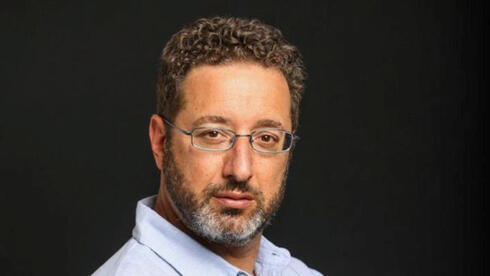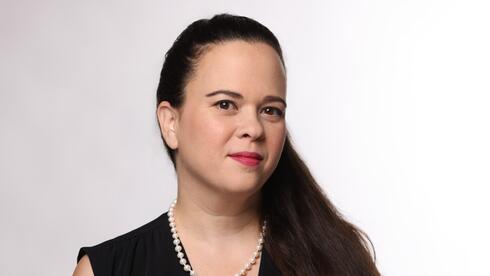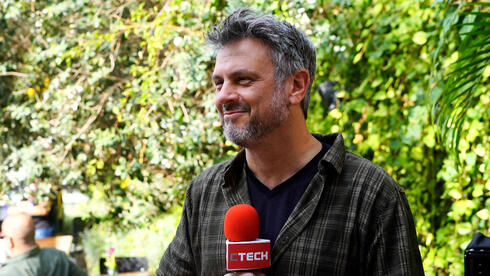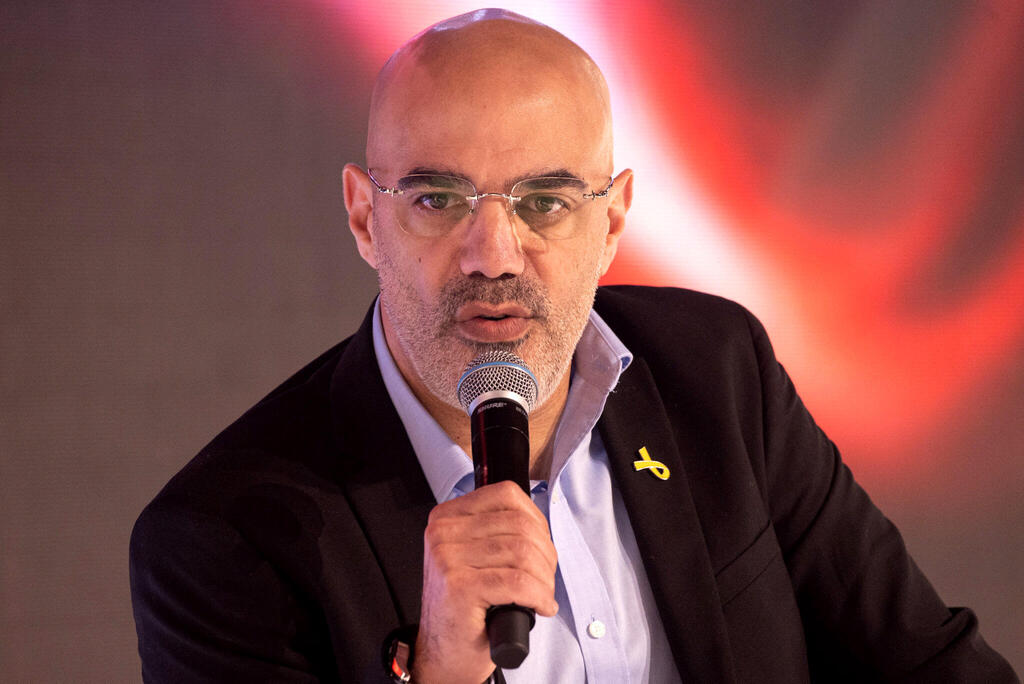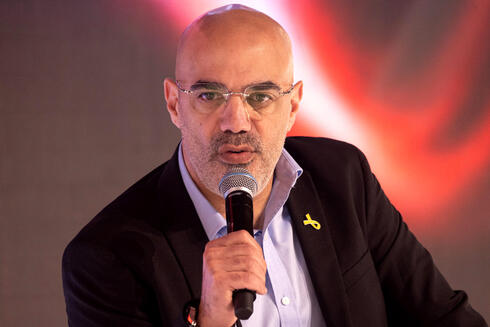
Bezeq CEO: 2025 will be a record year of investments for the company
Bezeq CEO: 2025 will be a record year of investments for the company
Nir David, CEO of Bezeq, spoke at Calcalist's 2025 Forecast Conference about his optimistic expectations for the coming year including how he expects foreign investors to return.
"2024 was a record year for Bezeq's infrastructure investment, and 2025 is set to break that record. We expect that foreign investors who left this year will return. This depends on the business climate in Israel. We are already seeing signs of their return, and if the trend continues, 2025 will mark the beginning of a rebound," said Bezeq CEO Nir David in conversation with Calcalist’s Neta Lee Bienstock during Calcalist’s 2025 Forecasts Conference in collaboration with Bank Hapoalim and the Phoenix Group.
There is a problem of damaged infrastructure in the north and south of Israel, and significant investment is needed in this area.
"From the very first day it was possible, we returned to the north and south. We committed to ensuring that every returning customer would receive advanced fiber-optic infrastructure. Our enemy knew exactly what to target, including our infrastructure, poles, and active systems. In coordination with the IDF and security agencies, we carried out repairs in real-time, with our employees working under fire in both the north and south. Furthermore, over the past year, we did not charge our subscribers in the north, amounting to approximately NIS 20 million ($5.4 million)."
Are you seeing a recovery in the north?
"We've observed that since the ceasefire began, communication consumption in the north has increased by 3-4%, which is a very modest figure."
Related articles:
The telecommunications market is highly competitive. How do you navigate such a market?
"We have to give credit to the regulator for doing a good job at fostering competition in this market. In Israel, three players are deploying fiber-optic infrastructure. On average, Israeli homes have access to two fiber-optic networks, compared to 1.2 in the U.S. and 1.4 in the U.K. This translates into good service and high-quality products. For instance, broadband services in Israel are relatively inexpensive compared to global standards. In the coming years, Israel will rank among the top ten countries for internet quality and speed, which benefits the economy. We bridge social gaps through connectivity.
"However, we still have many fibers to deploy and much work ahead. There is a concern that regulatory intervention in certain areas might deter investors from entering the market."
The telecom industry is heavily regulated, and recently you entered the electricity market. However, we’re not yet seeing real competition there.
"In the electricity sector, we’ve set precise goals for Bezeq, similar to what we did with fiber. Before Bezeq entered the fiber market, the sector was stagnant, and our entry was transformative. We’ve planned that by 2030, we’ll reach 400,000 households with electricity services. But I must caution the regulator again. This is a nascent market and, without proper regulation, even a giant like Bezeq will struggle to compete."
It’s been over a year since the electricity reform, yet competition is still lacking.
"The main thing that needs to happen is enabling producers to sell electricity directly to suppliers, rather than through the Israel Electric Corporation. We entered the market with a company (PowerGen) that generates electricity for us, but even that isn’t enough."
How is the AI revolution affecting you?
"When I took on my role, I established a team that recently submitted its recommendations. The team identified six ways to integrate AI into our operations. The AI revolution is bigger than the Industrial Revolution. In the future, customers will call and receive accessible AI-driven responses in Hebrew. Bezeq differentiates itself from competitors in customer service and AI will play a key role here."
As a company providing services at a rapid pace, are you preparing for a potential recession in 2025?
"A recession concerns us. Bezeq connects Israel's businesses, and over the past year, we’ve seen the impact on the services we provide to small businesses. We aim to continue investing in optical infrastructure."
You’ve been with Bezeq for over 30 years. Don’t you feel you’ve exhausted the field of telecommunications?
"Telecommunications is a vast field. I joke that I know the company inside out, from the trenches to strategic plans. I joined Bezeq when I was about 25. We’re now witnessing the arrival of hyperscalers in Israel and a focus on cybersecurity, which is particularly relevant during wartime."




